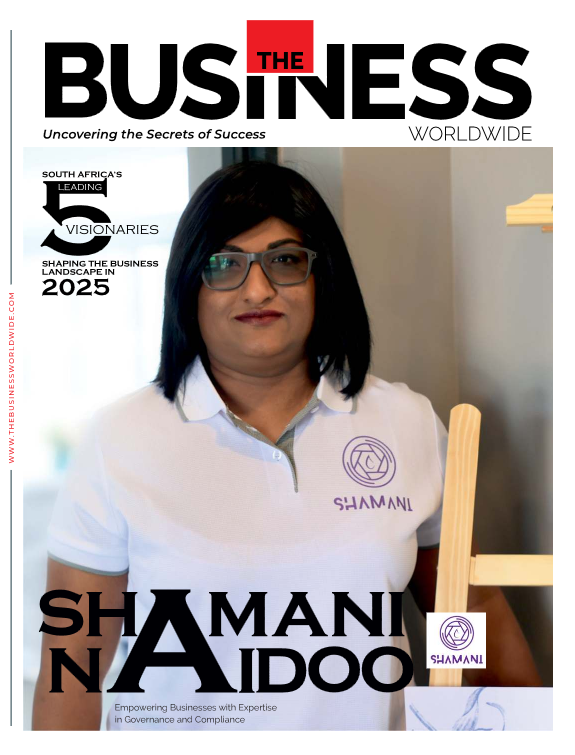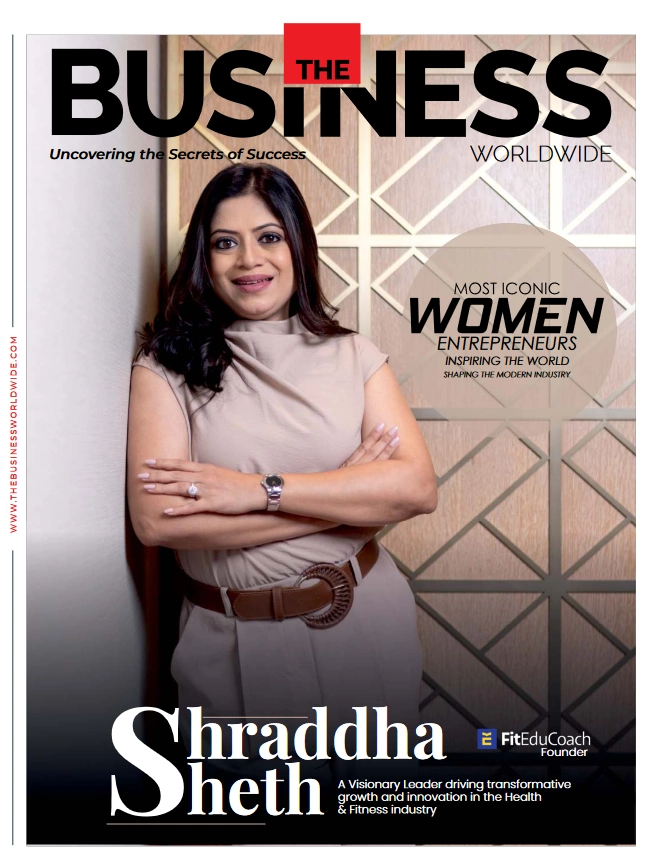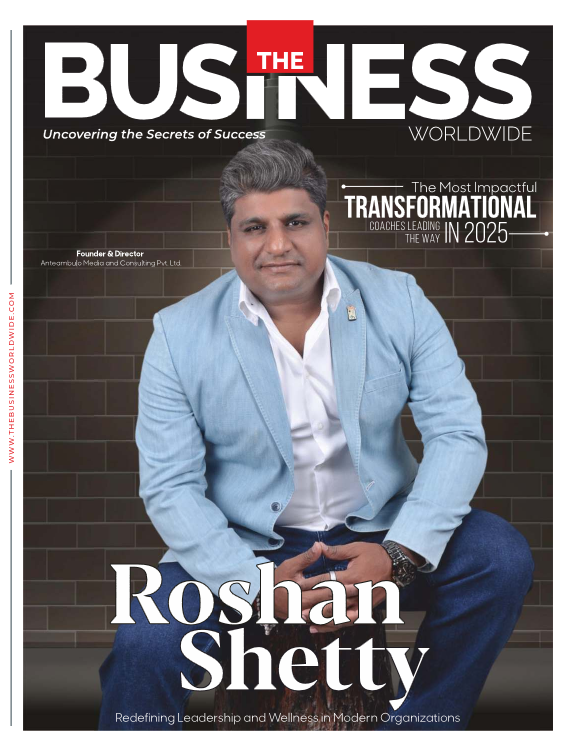Sustainable agriculture has become crucial in today’s world, especially as we face the escalating impacts of climate change. This approach to farming emphasizes environment friendly practices, such as crop rotation, organic farming, and efficient water use, to maintain soil health and reduce carbon emissions. By prioritizing sustainability, farmers can protect biodiversity, preserve natural resources, and ensure long-term food security. Additionally, sustainable agriculture mitigates the effects of extreme weather events, which are becoming increasingly common due to climate change.
Founded and led by Athanasios Mandis, De La Tierra Ltd. is helping farmers practice sustainable agriculture by providing comprehensive consultancy services, facilitating trade in fresh produce and ingredients, and offering innovative post-harvest technologies.
De La Tierra adopts a unique value chain approach to drive the transition towards a regenerative and circular economy. There are in a unique position offering solutions across the value chain: from sustainable farming practices less reliant on inputs, to minimising food loss and waste, fostering responsible consumption, and strengthening food security. This holistic approach not only supports farmers but also creates a more resilient and circular agricultural system, benefitting the environment and the broader value chain.
The Sustainability Champion
Born and raised in London to parents of Greek heritage, Athanasios has always felt a deep connection to sustainability. When it came time to choose a path for his undergraduate studies, he was drawn to Agricultural Engineering at Writtle University College, particularly for its specialisation in Tropical Agriculture. This field opened his eyes to the social dimensions of agriculture, which deeply resonated with his rural heritage and early love of the land. For him, producers have always represented the custodians of the land. The salt of the Earth.
Athanasios’ career officially began as a fresh produce technologist, but in truth, it started years earlier, at thirteen, with a job as a greengrocer. Along with his school friend, Athanasios would plaster the toilet door with labels of exotic produce—a foreshadowing, perhaps, of the global journey that lay ahead.
The first decade of his career, spent with fresh produce importers, brought him valuable lessons in resilience and innovation. Experiencing not one but two management walkouts, he helped replace lost revenue through technological advancements. He later transitioned to the juice and beverage sector with a role at Innocent Drinks, where, amid the 2008 global recession and Coca-Cola’s 2010 acquisition, he led cost optimisation projects that saved the company a seven-figure amount while enhancing product quality. These collective experiences might have seeded Athanasios’ confidence to establish his own business, but in truth, the seed was sown with his very first employer. Disheartened by a culture of fear and limited reward, he realised true security lay not in the walls of a firm but in his own abilities.
Athanasios’ early career in the mid-1990s coincided with increasing conversations on climate change. Farming communities in the tropics spoke of seasons becoming unpredictable—a phenomenon now familiar worldwide. In those days, producers planned by the calendar; today, they must be soil biologists, hydrologists, pathologists, and conservationists. His work continues to tap into this collective expertise, illustrating that, ultimately, nature works. Climate change does
have a silver lining. It has induced technological innovation in farming systems and a search to reconnect with lost wisdom.
For a Greener Earth
Athanasios established De La Tierra Ltd in 2012 to trade in fresh produce and ingredients. Today, De La Tierra operates with three distinct pillars: trade, postharvest solutions to reduce food waste, and consultancy. Over the past five years, the consultancy arm has particularly flourished.
While its early consultancy projects focused on supply chain optimisation and standards implementation to secure market access, the majority of De La Tierra’s current consultancy work is in the field of sustainability. To meet this increasing demand by clients for sustainability consultancy, Athanasios embarked on a master’s degree in Sustainable Development from the University of Sussex. Here, he complemented his experience with new concepts and frameworks. Athanasios mainly assists firms with sustainability strategies and transitions their supply chains from extractive to sustainable and resilient farming systems.
“Yes, modern agriculture is responsible for transgressing some of our planetary boundaries, but the socioenvironmental risks to farming systems are inducing sustainable innovation. A few college friends and I joke about how soil health has finally become a thing,” he says.
Today, De La Tierra supports a diverse range of clients in the UK and internationally, including well-known brands, established firms, and standard scheme owners. Its aim is to provide impactful solutions that drive sustainability across the agri-food sector. The main challenge in promoting sustainable practices is that many firms still view sustainable practices primarily as a regulatory cost, yet the real opportunity lies in leveraging market demand or technological innovation to stand out.
“Innovation, in this context, goes beyond physical products; today, it increasingly encompasses knowledge. In other words, innovation extends beyond tangible artefacts to include complex systems. This shift from product-based to systems-centric innovation reflects the growing complexity of science, technology, and business organisation. To drive widespread adoption, it is essential to illustrate how sustainable practices can create genuine economic value. This need is reaffirmed by greater consumer awareness of externalities,” shares Athanasios.
Driving Innovation in the Agri-food Industry
Athanasios is always mindful that his work drives meaningful impact. For this reason, he ensures that De La Tierra Ltd. collaborates with partners who have extensive reach. For instance, they work closely with the Sustainable Agriculture Initiative (SAI) Platform, which developed the leading agrifood sustainability standard, the Farm Sustainability Assessment (FSA). Over 350,000 farms in 60-plus countries have been verified by the FSA. Athanasios chaired the working group responsible for revising version 3.0, engaging in extensive consultations with major stakeholders across the value chain. The result was a more inclusive standard, especially for smallholder farmers who often lack the technical knowledge and resources to meet stringent requirements. They introduced solutions allowing criteria to be verified through visual observation, verbal communication, or landscape-level evidence, easing the burden on individual producers.
Additionally, Athanasios developed a priority screening tool that enables producers or producer groups to swiftly assess their impact and identify priority areas. Standards are too often imposed on producers and this tool aims to give them real agency in their sustainability journey.
Athanasios has also developed semi-quantitative life cycle assessments to help farms embark on the regenerative agriculture journey. This approach enables farms to quickly identify where their greatest impacts lie and determine practical steps to transition from a linear, extractive model to a circular or regenerative one. Current projects include creating crop or sector-specific regenerative agriculture standards, tailored to address the unique needs and challenges within each area. An exciting one in the pipeline is for the agave (tequila) industry.
Reducing Food Waste for Improving Sustainability
One of Athanasios’ biggest frustrations is when so-called experts (who should know better) advocate for more land conversion to meet the demands of our growing global population. With 31% of global food production lost post-harvest—amounting to nearly $1 trillion in lost value and contributing to 10% of greenhouse gas emissions—there’s a vast opportunity to prevent these valuable resources from going to waste. Post-harvest losses consume precious land and natural resources with nothing to show in return. Given that modern agriculture is a major driver of climate change and biodiversity loss, there is a pressing socio-environmental need to minimise these losses.
As we face the challenge of feeding 9.1 billion people by 2050—requiring an estimated 70% increase in food production—reducing post-harvest losses and food waste emerges as a key solution. It is a sustainable way to address food security, dampen the impact of rising food prices, and ease the strain on natural resources, especially in the Global North, where two-thirds of food loss and waste occur.
One of Da La Tierra’s activities focuses on promoting modified atmosphere packaging, which braids polymer science, crop physiology, and post-harvest management. By leveraging the natural respiration rates of fresh produce, this approach creates optimal atmospheric conditions within the package to extend the shelf-life of fresh produce. This type of packaging goes beyond the basic function of a carrier, offering enhanced functionality that can significantly reduce waste and reduce shrinkage. Advances in this area have led to solutions made from compostable biological materials, further enhancing sustainability.
“We are also exploring the valorisation of agricultural by-products, which involves converting organic material that might otherwise end up as feedlot for animal feed, biofuel, compost, or landfill into valuable products. Using patented processes, we can extract high-value molecules from these by-products, offering a tangible example of how innovation can drive meaningful sustainable impact,” shares Athanasios.
Agrifood Sector: Evolving with Sustainability
The growing awareness of societal and environmental externalities linked to modern agriculture is driving both regulatory initiatives and market pressure. While there remains uncertainty on the best way forward—and risks in rushing ahead without clarity or considering local context in top-down solutions—Athanasios is confident that increased support and financing will ultimately reshape the current model that incentivises producers to focus on low-cost food production.
Athanasios points out that we cannot hold producers solely accountable for environmental costs while society continues to reward cost-cutting practices that ignore broader environmental and health impacts. Currently, the externalities of “cheap food,” from pollution to public health challenges, are borne by citizens through taxes and healthcare expenses. This paradox obscures the
true cost of our food systems and avoids addressing the unequal distribution of wealth within them. Food and nutrition must be central to our discussions on health and social care.
“Reconnecting with nature is essential, and it’s encouraging to see food movements growing in the UK and globally. Ideas like agroecology and food sovereignty are particularly resonant, as they champion holistic, community-oriented approaches. Ultimately, we need a new era of storytelling—one that respects the diverse knowledge and lived experiences of farming communities. Often, the solutions to our current challenges are rooted in ancient practices, waiting to be rediscovered and adapted to create a more sustainable future,” emphasizes Athanasios.
Collaborating for Better Solutions
Collaborations and partnerships are essential, feels Athanasios! Many of the societal and environmental challenges brought by modernity cannot be tackled by individual actors alone. We need the full spectrum of supply chain participants—from producers to consumers—to come together in crafting solutions. Embracing diverse pieces of knowledge and lived experiences is key to fostering the collective insight and resilience needed to drive meaningful change.
In addition to his work, Athanasios is the Chair of the Sustainable Juice Platform, working with members from different value chain components. It can be challenging to ensure ideas resonate, but the sense of achievement when initiatives gain traction is remarkable. As the saying goes, “If you want to go fast, go alone; if you want to go far, go together.”
Expansion Plans
Whereas De La Tierra Ltd. has an international presence, there are plans to establish a new subsidiary, De La Tierra (Africa) Ltd., to take advantage of opportunities in Africa. Athanasios believes there is great potential for driving sustainable agriculture and improving supply chain management across the continent.
He has also created a new startup with Cubos Solutions Ltd. His work at Cubos aims to drive sustainable impact by assisting firms undertake double materiality assessments, the core function in identifying impacts, risks and opportunities for businesses. He remains passionate about
increasing his involvement in social and political movements for social and environmental justice. Ultimately, his long-term goal is to integrate agroecology and industrial ecology into his work to drive meaningful impact and support the food sovereignty movement to create fair and resilient food systems for people and the planet.
Words of Experience
To people looking to start a business focused on sustainability, Athanasios advices that the sustainability landscape is rapidly evolving. As with anything in life, it is essential for one to love what you do—but passion alone is not enough. Recently, he embarked on an MBA with Oneday to rigorously test his startup, Cubos Solutions Ltd., and equip himself with fresh skills for today’s dynamic business environment. While much of his success with De La Tierra Ltd. has been built on experience and networks, Athanasios recognised the need for new approaches.
“The MBA is grounded in the lean startup methodology, inspired by lean manufacturing principles developed by Taiichi Ohno and Shigeo Shingo at Toyota. It prioritises rapid cycle times, customer focus, and a scientific approach to decision-making. The programme emphasises validated learning, quick iteration, and deep customer insight. Through practical coursework, squad teamwork, and a
1:1 teaching model, I’ve gained invaluable tools and theories for navigating the modern business landscape,” he shares.
At the heart of this experience is a philosophy he has always embraced: there’s no such thing as failure—only a failure to learn.
“In life, you either win or learn. Entrepreneurialism indeed has an element of uncertainty, but we must embrace the grey. We must learn to walk unfrequented paths and see the world through the curious eyes of a child. After all, Alice [of Wonderland] was hardly Alice when she stopped being curious,” advises Athanasios.
Goals Ahead
In the rapidly evolving sustainability space, Athanasios recognised the growing complexity and demand of mandatory and voluntary reporting standards and frameworks. With more firms required to disclose their sustainability performance, he saw an opportunity to bring clarity and value to this field. After researching and validating his ideas with prospective clients, he launched Cubos Solutions Ltd to help companies navigate sustainability reporting effectively.
Cubos Solutions specialises in baseline and double materiality assessments through a streamlined, five-step process, from client onboarding to comprehensive reporting. While this area is competitive, its unique value proposition lies in providing white-label solutions for consultancy firms, enabling smaller consultancies to offer these services to SMEs for whom large consulting firms are typically too generic or cost-prohibitive. Our tools are built on authoritative frameworks and sectoral expertise, ensuring clients have the support they need to start a successful sustainability journey.
“Though Cubos Solutions is still new, we’ve achieved strong initial traction and revenue with well-known brands, leveraging the reputation and network built through De La Tierra Ltd. Our early success underscores the demand for accessible, impactful sustainability solutions, and we are excited to expand our reach as a trusted partner in the industry,” concludes Athanasios.
A Quote to Live By:
“Debussy once said that music is not made up of notes, but the spaces between them. This philosophy resonates with our approach. Our strength lies in operating within those spaces—seeing beyond mere metrics, marketing slogans, and linear, tech-driven solutions. Many firms get lost in data points, missing the essential connectivity of things. Our unique value is in interpreting insights and data to deliver pragmatic, impactful solutions that resonate deeply with our client’s goals and challenges. Whether it is our tacit knowledge, intuition, or innate knack, this skill appears to be the driving force behind our success.”




